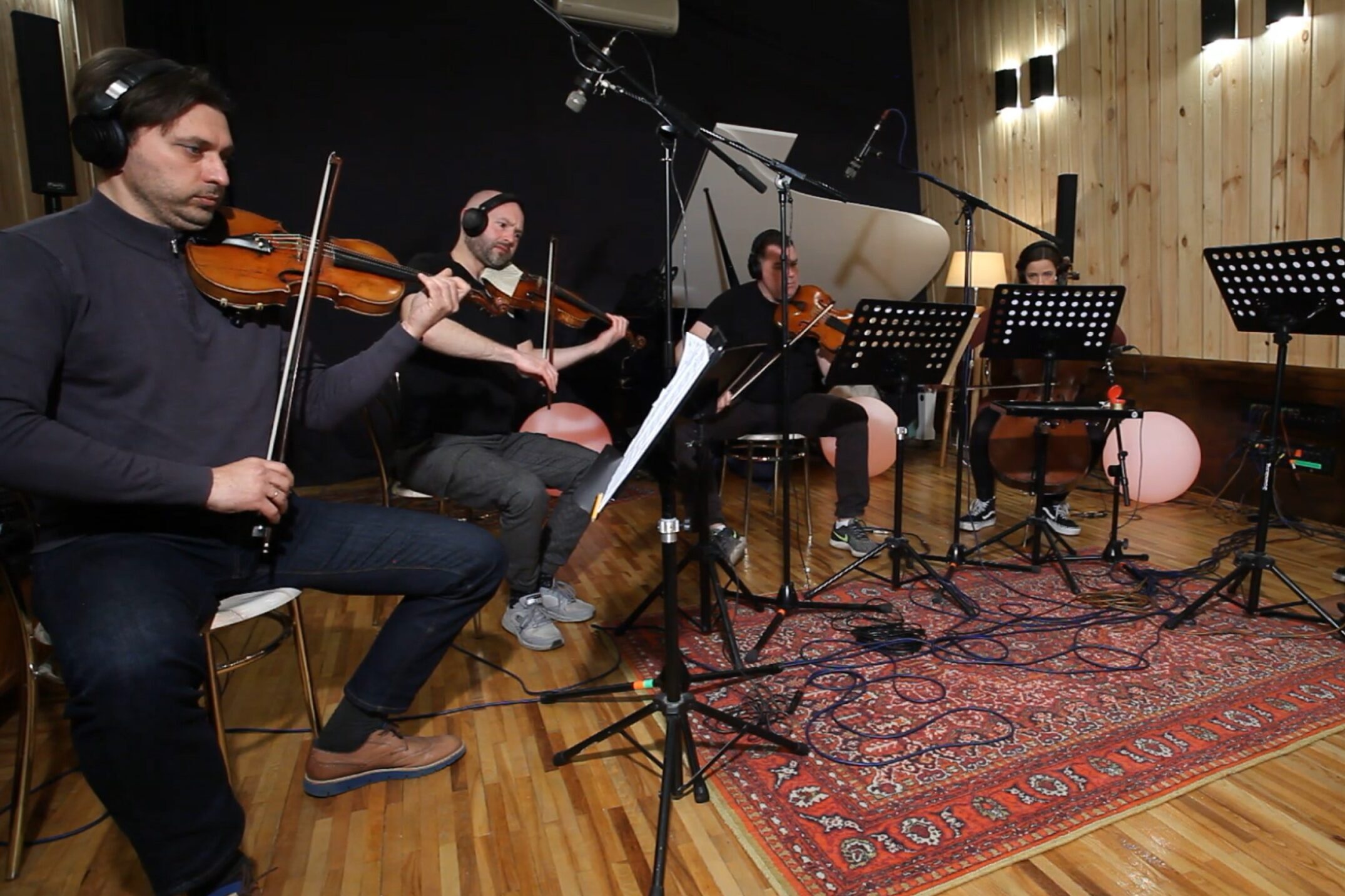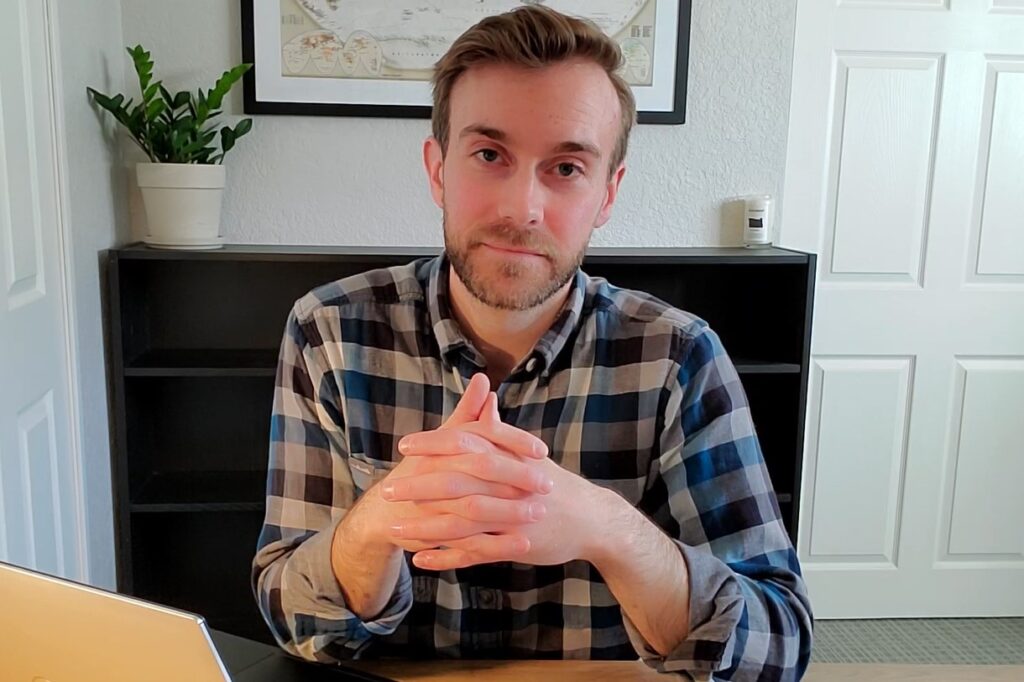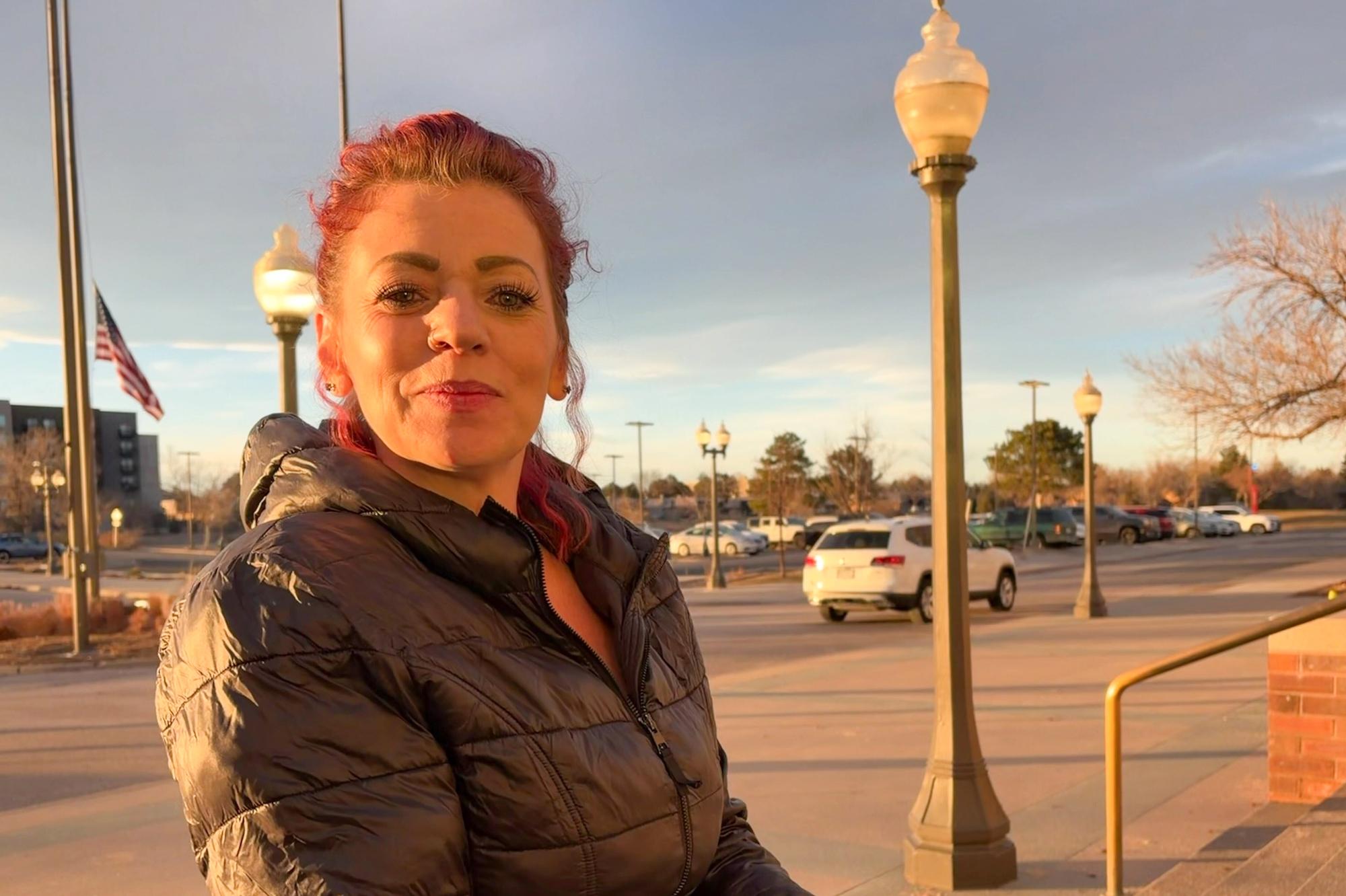
At the beginning of 2021, Paul Christiansen started making new music. The pandemic shutdowns gave him time to focus on his craft. Collaborating was difficult in the new reality, so Christiansen started looking for new ways to connect with others.
What he found were new friends 6,000 miles away. That’s special enough, but these musicians — these new friends — are making their art in the middle of a war … all the way in Ukraine.
Although Christiansen has been a musician for a while, his new project, "Still,” is his first full-length studio album. But Christiansen says he has been thinking about it for the better part of a decade.
“I've always appreciated the format of an album. It feels like such a complete, intentional journey that an artist takes the listener on,” Christiansen said.
But initial work was slow going: The pandemic made it a little bit trickier to be in a small recording studio with lots of people, so working remotely was the best tactic. So, Christiansen turned to a freelancer's app, Fiver, to find collaborators. Through the app, Christiansen struck it up with people living in Ukraine, and the group started at their work.
At first, Christiansen’s work with Kaska Records — the musicians in Ukraine — was initially simply to make a demo track to use as a reference for re-recording in a full studio later on.
“But their performance was so powerful that as we went through the production phase later on, my producer and I decided that we really just needed to keep what they recorded and use that as the basis of the song,” Christiansen said. “So we kept the demo recording, and turned it into the final, and then added on some local Denver area-based string players on top of that.”
Anatoly Shmargun is the founding director of Kaska Records, and one of the collaborators. He is known in Ukraine and abroad as a musician, producer, composer, and music manager. His classical education and diverse musical experience allow Kaska Records to work in almost any style of music.
The musicians that participated in this session included musicians from the Kyiv National Opera and other top-level artists.
Shmargun says the day the Russians began bombing and invaded, he and his colleagues at Kaska were supposed to set out for a tour all across Ukraine.
“So, you know, we got here to the studio. The bus was already waiting for us. All of our instruments and everything were already packed. Everything was ready to go. And then we start seeing planes going by. There's explosions,” Shmargun said through a translator. “Of course, all of our gadgets, all of our devices start announcing that, ‘Oh, you know, there's been an invasion.’ So everything started off. So the first, you know, half hour, hour or so, uh, we weren't even sure exactly what was going on. We thought maybe there was some mistake, or maybe this was some kind of active provocation. Because to be honest, myself and a lot of my friends at that time didn't believe that a war like this in the 21st century was even possible.”

That is when Shmargun, his audio engineer and a content manager decided they were going to stay in Ukraine.
“I'm not entirely sure exactly what motivated us, but we, yeah, we decided that as long as there's a roof over our heads, you know, the power's still on, there's still water running, we're going to stay here,” he said.
At first, Shmargun and his colleagues took in two families. They all lived in the basement studio.
“We set them up here in two of our recording areas, you know, kind of where we keep the piano and everything. And we set out some couches and lay down a lot of sleeping bags. They stayed with us for about a month,” Shmargun said.
More than a year after the invasion, Shmargun and his colleagues continue to create and publish music, even in the midst of a war.
“I'm an adult now. I've got my gray hair. I feel confident in being able to assert this at this point in my life. But music is my calling. Music is my life. I can't imagine what else I would be doing,” Shmargun said.
Still, there are day-to-day struggles: with power, heating, and water. They keep the war’s disruptions at bay with a mix of generators, batteries, and their music, always their music.
“I hope it doesn't sound too high-minded of me, but you have to take the things around you in your life that bring you joy and hold those close and protect them, defend them with all that you've got,” Shmargun said. “Let's do music, not war.”
During their collaboration on “Still,” the title track of Paul Christiansen’s album, the two men never spoke to each other. They communicated solely through email, and music charts.
But recently, Christiansen had a message for Shmargun.
“First of all, I would say, I'm so sorry [about] what's happening to your home right now. And I hope that you and everyone in your world, your loved ones, are OK, as OK as you can be right now,” Christiansen said. “Second thing I would say is thank you for making space in your lives for this project. It wasn't the most time-consuming thing when we worked on this song, but it added so much meaning.”
“Thank you. Thank you very much. Very much,” Shmargun replied later. “That's because of your music. It inspired us.”









